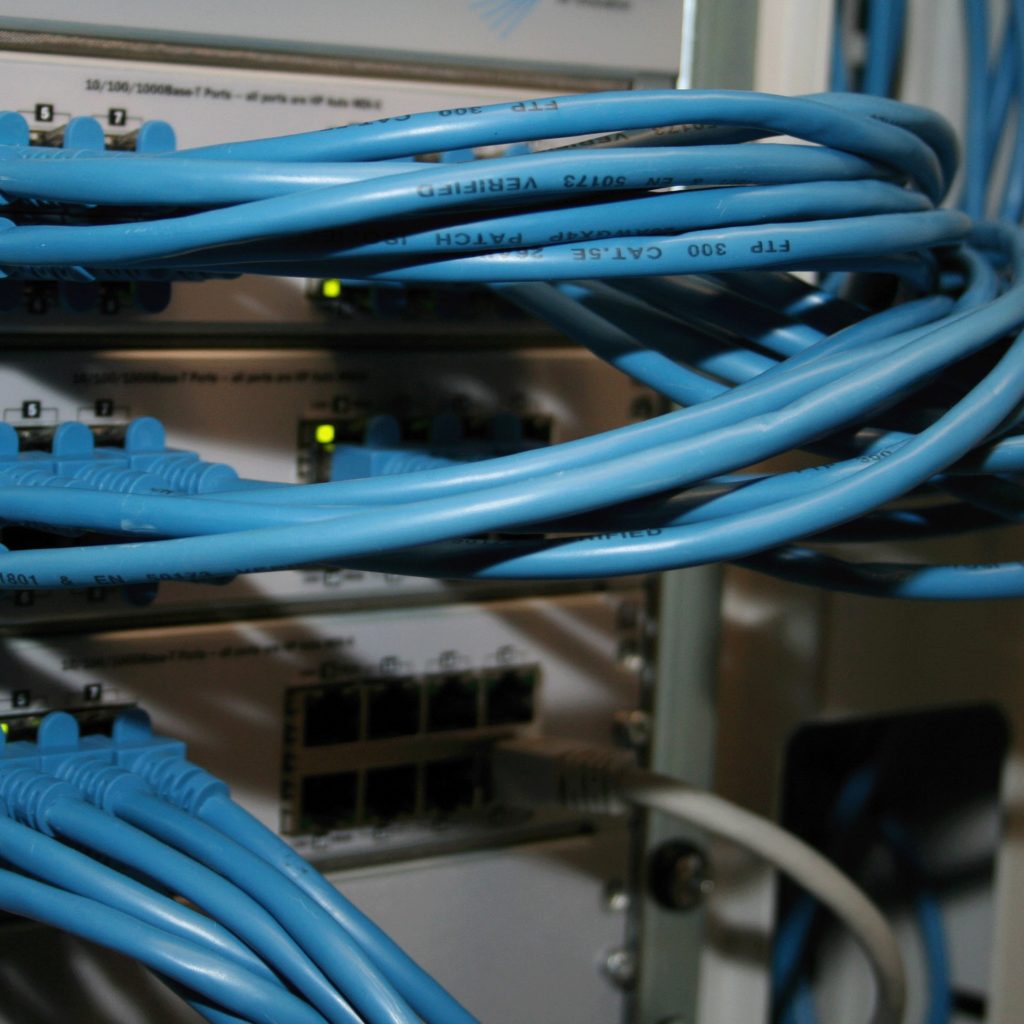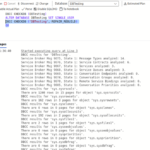
Security has always been the cornerstone of any Linux software. Since Linux is open-source software, people can audit code to find and patch any vulnerabilities, making it more secure than closed software. Due to its increased security and strong default permissions structure, most companies rely on Linux software for their server security.
Like any other operating system, Linux isn’t completely immune to security breaches. As such, any undetected vulnerability in the operating system can jeopardize your company’s valuable information. The first step to strengthening your server’s security is finding a reliable Security Program Management (SPM) and Governance platform to assess your program’s security and mitigate potential risks. Besides utilizing Security Program Management, here are a few best practices you must adopt to maintain your Linux servers running safely:
1. Update Your Software Regularly or Automatically
Old, unpatched packages can introduce vulnerabilities to the system, making your server an easy target for cybercriminals to exploit. You can prevent this problem by regularly updating your Linux server software. Updating your software allows you to apply security patches for combating emerging vulnerabilities.
Linux has all the tools you need to update your system and allows seamless upgrades between versions. Review all software updates and apply them as soon as possible. You can use apt-get to manually install security updates or enable automatic updates.
2. Configure 2FA Authentication
Another effective way to improve the security of your Linux server is by configuring two-factor authentication (2FA). Besides a password, 2FA authentication requires users to enter a secret code to gain access to the server. This makes it nearly impossible for cybercriminals to use brute force attacks to access your server.
You can run Pluggable Authentication Modules to enable your Linux system to work with a software authentication device like Google Authenticator. This allows you to add multi-factor authentication to your system that generates a secret token for enhanced user access security. You can also use multi-factor authentication with SSH (Secure Shell) to require a second credential from users before logging into your server. This protects your server from unauthorized access and boosts cloud safety for your business.
3. Run Server-side antivirus software
No system is 100 percent immune to cyberattacks; any machine can fall victim to malicious programs. While Linux is considered more resistant to malware, viruses, and other malicious programs than other operating systems, Linux endpoints, including users’ desktops, are often susceptible to these attacks. Running the best Linux antivirus protection on all your Linux endpoints can significantly boost your server’s defensive capabilities.
You can run Avast’s Linux server antivirus that supports 32-bit and 64-bit hardware and comes with on-demand scanning triggered over a CLI. Other effective Linux server security tools include chkrootkit and rkhunter, which you can install and initiate into your system using simple commands. These tools scan your system for rootkits that could give hackers access to your server.
Endnote
These are only a few of the many proven ways to improve your Linux servers’ security and protect valuable information and data from cybercriminals. Don’t forget that maintaining your Linux server security is an ongoing process that involves installing security updates regularly, enabling access controls, and running intrusion detection programs for added protection. You must also regularly perform security audits to keep cybercriminals at bay.




